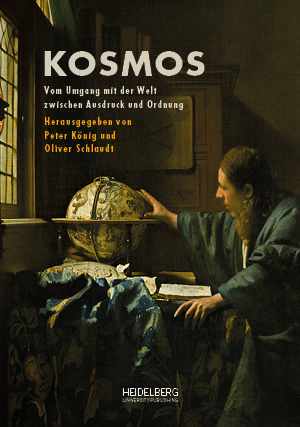Zitationsvorschlag
Identifier (Buch)
Veröffentlicht
Edgar Allan Poe’s Cosmic (R)evolution: “Eureka” at the Crossroads of the Physical and the Metaphysical
Abstract Poe’s cosmology Eureka offers a new methodology of scientific research in which the physical and metaphysical converge. Despite inaccuracies, Poe’s ideas are revolutionary in that they anticipate the notion of an evolving universe. Much like a Poesque purloined letter, Eureka discloses an overlooked secret that should inform research across fields: namely, that science, in its desire to be impartial, must not shut out the imagination. Eureka suggests that the formation of the universe is analogous to poetic creation. Like cosmological detectives, scientists might turn to Poe’s literary alter ego, Auguste Dupin, for inspiration. His method of ratiocination, or inductive reasoning, couples the power of the intellect with that of the intuitive imagination. A visionary who recognized a burgeoning and dangerous tendency of science to squash the imagination, Poe called for an interdisciplinary approach to the sciences in an age when the narrowing of specializations was becoming the norm.
Keywords Eureka; Poe; cosmology; imagination; science fiction; ratiocination; detective; scientific method







